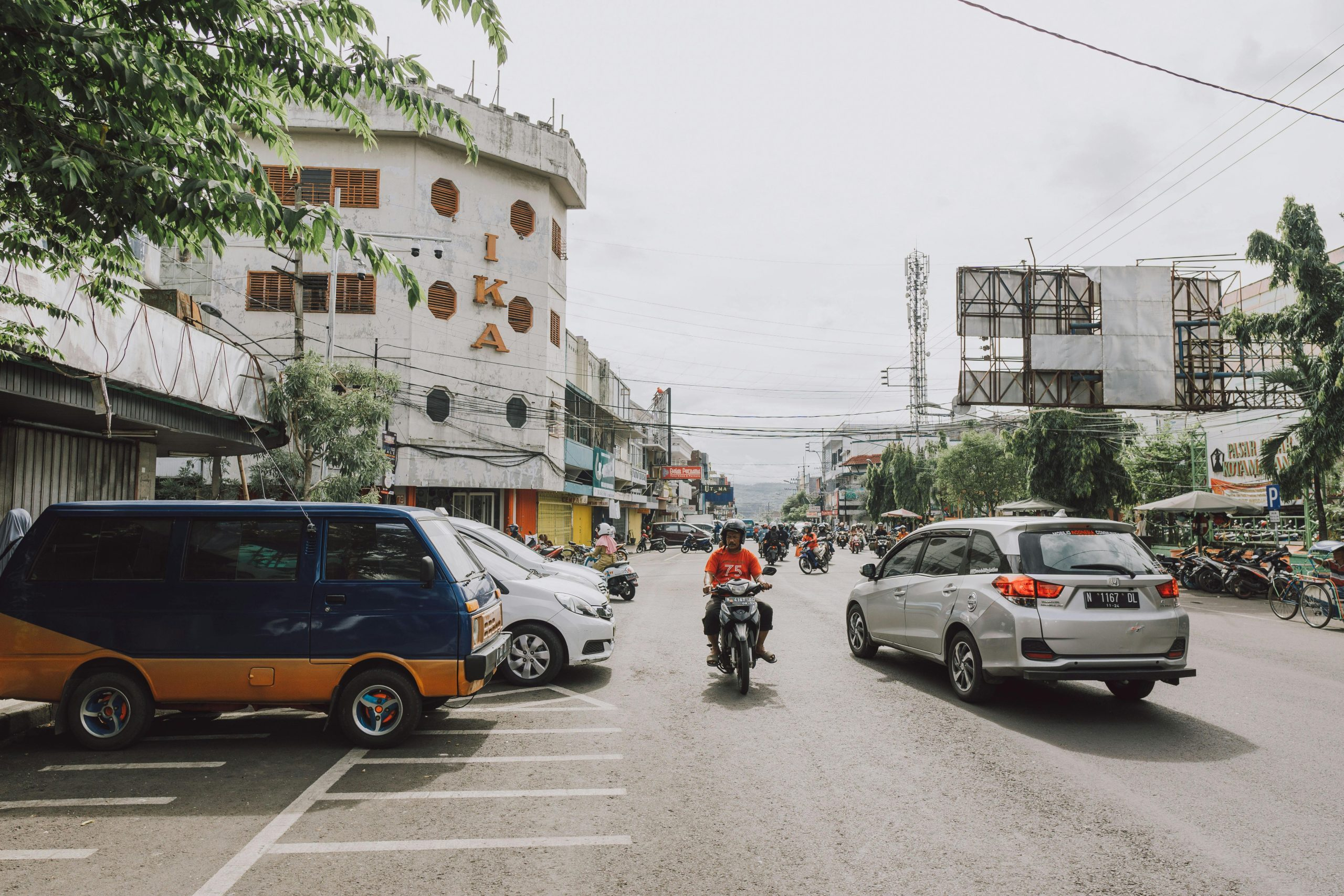Developing Resilience: Dealing with Minor Travel Mishaps Gracefully
Traveling can be an incredible and enriching experience, but it’s not always smooth sailing. In fact, it’s almost inevitable that at some point during your travels, you’ll encounter a minor mishap. Whether it’s a missed flight, lost luggage, or a cancelled tour, these unexpected bumps in the road can quickly turn a dream vacation into a nightmare. However, it’s not the mishaps themselves that define our travels, but how we handle them. Developing resilience and learning to deal with these minor travel mishaps gracefully can make all the difference in turning a potential disaster into just a small hiccup in your adventure.
The Importance of Resilience in Travel
Resilience is the ability to bounce back from adversity and setbacks. In the context of travel, it means being able to adapt to unforeseen circumstances and remain level-headed and calm under pressure. Developing resilience is important not only for a smoother travel experience, but also for personal growth and self-discovery. When faced with a travel mishap, it can be easy to become overwhelmed, frustrated, and stressed. However, by building resilience and learning to handle these situations, you’ll not only alleviate the stress of the moment, but also build greater confidence and optimism for future travels.
Acknowledge Your Emotions
When something goes wrong while traveling, it’s natural to experience a range of emotions – anger, frustration, disappointment, and maybe even a bit of panic. Instead of trying to suppress these emotions, acknowledge them and allow yourself to feel them for a moment. This can help in processing and moving on from the situation, rather than trying to push it aside. A helpful tactic is to give yourself a specific amount of time (5-10 minutes) to fully feel your emotions, and then actively shift your focus to finding a solution or moving on to the next step.
Be Proactive and Prepared
Prevention is always better than cure, and this is particularly true when it comes to travel mishaps. While we can’t predict or prevent every possible mishap, there are steps we can take to be more prepared. Before embarking on your trip, research your destination and any potential risks or challenges that might arise. This could include extreme weather, political unrest, or local customs and etiquette. Be sure to also have a plan in place for common mishaps such as lost or stolen items. In addition, it’s always a good idea to have a backup plan for travel arrangements, such as booking refundable tickets or having a travel insurance policy in place.
Stay Positive and Keep a Sense of Humor
The ability to maintain a positive attitude and find humor in difficult situations is a key aspect of resilience. Instead of dwelling on the negative aspects of a travel mishap, try to find the silver lining or a way to inject some humor into the situation. This could be as simple as making light of your lost luggage, or finding a new and unexpected adventure to embark on due to a cancelled tour. Not only will this help in relieving stress, but it can also make for great travel stories to share with others!
Seek Out Help and Support
Traveling solo can be an empowering and fulfilling experience, but when facing a travel mishap, it can be helpful to have the support of others. Don’t hesitate to reach out to fellow travelers, locals, or even your hotel concierge for assistance or advice. The kindness of strangers is often surprising and can make a big difference in navigating a difficult situation. Additionally, it’s always a good idea to keep in touch with friends and family back home so they can provide support and assistance if needed.
Learn and Grow from the Experience
Travel mishaps can be challenging in the moment, but they can also provide valuable lessons and opportunities for personal growth. Reflect on the experience once it’s over and think about what you could have done differently. Perhaps it’s learning to pack more efficiently to avoid baggage fees, or having a better backup plan in case of medical emergencies. By reflecting and learning from these experiences, you’ll become a more resilient traveler and be better prepared for future trips.
In Conclusion
Traveling will always come with its fair share of ups and downs, but it’s how we handle the downs that truly matters. By developing resilience and learning to handle minor travel mishaps gracefully, you’ll not only have a more enjoyable and stress-free trip, but also build valuable skills and personal growth. So the next time you encounter a travel mishap, take a deep breath, stay positive, and remember that these moments are all part of the adventure.










